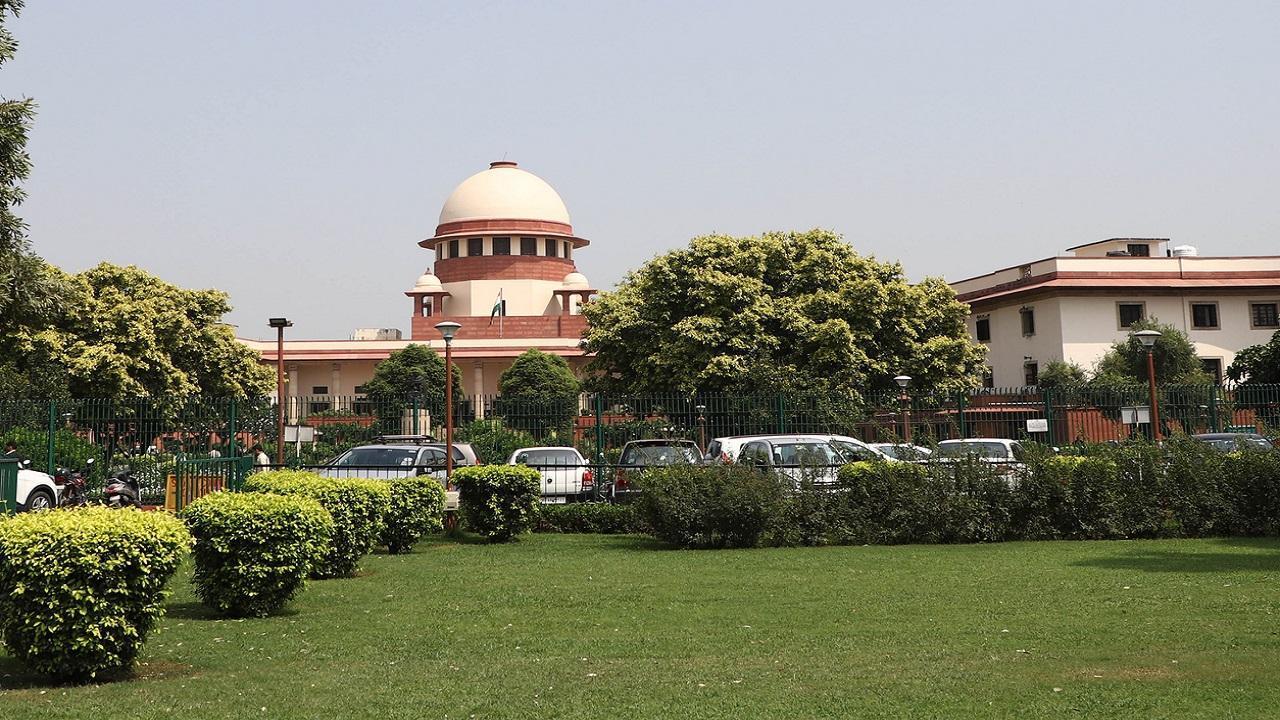'She is entitled to choose her path but then cannot demand the amount towards the education from the appellant. We, thus, hold that the daughter is not entitled to any amount,' said the bench of Supreme Court

Supreme Court of India. File Pic
The Supreme Court has held that a daughter who is not willing to maintain any relationship with her father, is not entitled to any money either for education or marriage.
ADVERTISEMENT
A bench of Justices Sanjay Kishan Kaul and M.M. Sundresh said: "In so far as the daughter's expenses for education and marriage are concerned, it appears from her approach that she does not want to maintain any relationship with the appellant and is about 20 years of age."
"She is entitled to choose her own path but then cannot demand from the appellant the amount towards the education. We, thus, hold that the daughter is not entitled to any amount."
The top court order came on a divorce plea filed by the husband and turned down by the Punjab and Haryana High Court.
Granting divorce, the bench said: "There remains no doubt about irretrievable breakdown of marriage in the facts of the present case. Thus, we are inclined to exercise our jurisdiction under Article 142 of the Constitution of India by granting a decree of divorce on the said ground."
It noted that nothing really subsists in this marriage except mutual acrimony and it is not even possible for the parties to sit across the table or to even talk over telephone to come to a reasonable understanding.
The bench noted that the wife has practically no money and means, and lives with her brother who is supporting her and her daughter's education. Determining the amount to be paid as permanent alimony to the mother, the bench said: "We consider it appropriate to fix the permanent alimony of the respondent, at present being paid at Rs 8,000 per month as interim maintenance, at Rs.10,00,000 in full and final settlement of all claims."
The top court added if the mother so desires to support the daughter, funds are available. The daughter has been living with her mother since birth.
The husband had filed a plea before a district judge seeking dissolution of marriage, after his plea for restitution of conjugal rights, was dismissed. The district judge allowed the plea, which was challenged by the wife before the high court. The husband moved the top court, after the high court set aside the lower court order.
The Supreme Court mediation centre attempted for reconciliation proceedings, but it was not successful.
This story has been sourced from a third party syndicated feed, agencies. Mid-day accepts no responsibility or liability for its dependability, trustworthiness, reliability and data of the text. Mid-day management/mid-day.com reserves the sole right to alter, delete or remove (without notice) the content in its absolute discretion for any reason whatsoever.
 Subscribe today by clicking the link and stay updated with the latest news!" Click here!
Subscribe today by clicking the link and stay updated with the latest news!" Click here!







